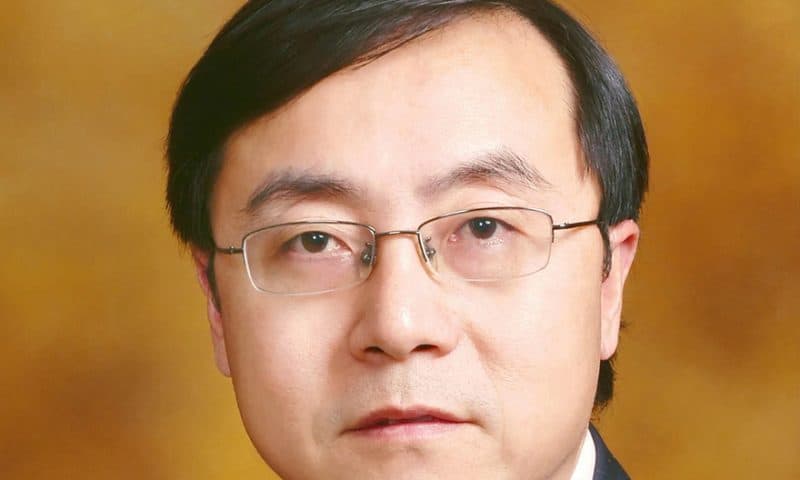Harbour BioMed has raised $75 million to continue moving multiple candidates through the clinic. The round, which Harbour described as a “series B+,” comes shortly after the antibody specialist took its first internally originated candidate into the clinic outside of greater China.
Jingsong Wang, Sanofi’s former head of China R&D, set Harbour up late in 2016, reeling in a $50 million series A round and buying antibody research shop Harbour Antibodies in the process. The series A marked the start of a whirlwind of activity that saw Harbour in-license the Chinese rights to multiple drugs and raise an “A+” round before securing $85 million in series B funding in 2018.
Less than two years later, Harbour has tapped a largely new syndicate of investors for another $75 million. SK Holdings, Greater Bay Area Fund, Efung Capital, Zheshang Venture Capital and Zhejiang University Future Capital and JT New Century all backed Harbour for the first time in the B+ round.
The financing moves the total raised by Harbour past $200 million. Harbour needs the money to fund a relatively large, still-expanding clinical-phase pipeline spearheaded by an anti-FcRn antibody and a TNF-alpha receptor inhibitor that are on the cusp of registration trials.
Harbour kick-started its pipeline by picking up the greater China rights to those drugs from HanAll Biopharma. However, the vast majority of Harbour’s earlier-stage assets originated from its own labs, giving it global ownership of multiple immunology and immuno-oncology prospects.
The most advanced of those prospects is HBM4003, an anti-CTLA-4 therapeutic currently being tested in patients with advanced solid tumors in Australia. Harbour is gearing up to add sites in the the U.S. and Europe, making the program an early test of its ability to deliver on its global ambitions.
A drug against CTLA-4, Bristol Myers Squibb’s Yervoy, has been on the market for almost a decade, and AstraZeneca’s attempt to develop a rival has been beset by repeated setbacks. Yet Harbour thinks CTLA-4 represents a good use of its resources. That view reflects Harbour’s belief that its use of a heavy-chain-only antibody to drug CTLA-4 will improve on the safety of Yervoy.
The series B+ gives Harbour the means to run the global trial needed to start validating that belief while also advancing its in-licensed assets toward approvals in China. Harbour expects to start phase 2/3 and phase 3 trials of the anti-FcRn antibody and TNF-alpha receptor inhibitor soon.

